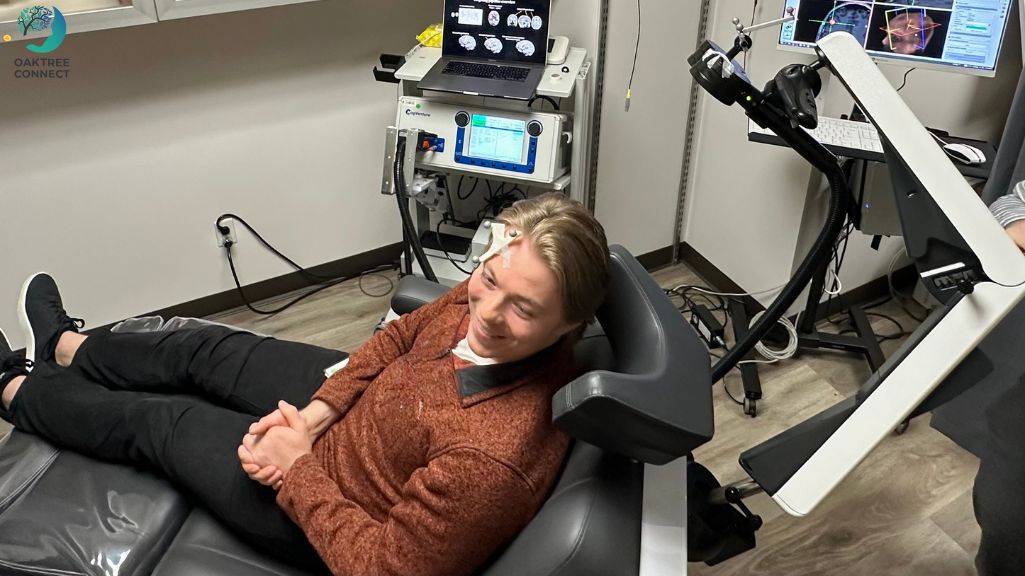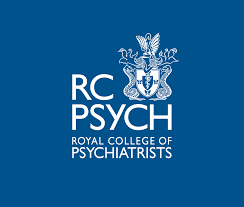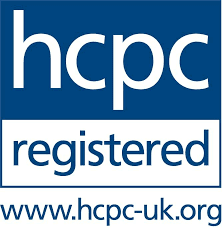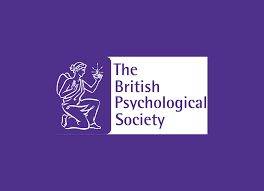Managing Your Relationships When You Or Your Partner Has ADHD
Can We Do Them? Yes We Can! Find out How Below

Ever wondered why it is so hard to sustain happy, committed relationships with ADHD (Attention-Deficit/Hyperactivity Disorder) like the other millions of people who suffer from this disorder.
From personal experience and research on this topic, we know that ADHD can significantly impact relationships, both personal and professional.
Although the boisterous, interesting and mostly outwardly cheerful disposition of many people with ADHD makes them attractive and engaging at first, the symptoms of inattention, impulsivity, and hyperactivity, disorganisation can create various challenges for them in their ability to maintain healthy and positive, long term relationships.
If you suffer from ADHD or someone you love or care about does the following information will help you better understand these challenges:
Inattentiveness: People with ADHD may have difficulty paying attention to conversations or activities, making their partners feel ignored or unimportant. It can sometimes be taken personally by others as a deliberate act of not listening, purely to insult them.
Impulsivity: Impulsivity can lead to saying or doing things without thinking through the consequences, which can result in misunderstandings, conflicts, or hurt feelings.
Forgetfulness: Memory problems are common in individuals with ADHD, leading to missed anniversaries, birthdays, or other important events, which can be hurtful to their loved ones.
Procrastination: Difficulty initiating tasks or completing them on time can cause stress and frustration, especially when it affects shared responsibilities, such as household chores or financial obligations.
Time management issues: Chronic lateness or difficulty estimating how long tasks will take can lead to frustration and resentment from partners who are left waiting or burdened with extra responsibilities.
Emotional dysregulation: Some individuals with ADHD may struggle with emotional control, leading to mood swings and impulsive outbursts that can be unsettling for those around them.
Difficulty with communication: ADHD-related difficulties in organizing thoughts and staying on topic can make it challenging to have productive conversations, leading to misunderstandings and conflict.
Neglect of personal responsibilities: Adults with ADHD may struggle with managing their own finances, healthcare, and self-care, which can place additional stress on their partners.
Inconsistent follow-through: People with ADHD may start projects or commitments enthusiastically but struggle to follow through, leaving their partners feeling disappointed or unsupported.
Relationship insecurity: Repeated difficulties and misunderstandings in relationships can erode self-esteem and lead to insecurity and anxiety in both partners.
The list seems long but fortunately there are ways to deal with these issues. And it’s important to note that while these challenges can and do make trouble in relationships, individuals with ADHD can still have successful, fulfilling relationships. The likelihood of this is higher with some of the strategies and interventions that can help mitigate these issues. Through years of working with patients I have learnt that those with high motivation to succeed (like in any other endeavour) and most engagement with these strategies have done the best.
Disorder Related Blogs
- Anorexia Nervosa: Recognise the Quiet Killer
- Patient Talk - What Does Severe Clinical Depression Feel Like?
- Dear Mum: A Story by an Oaktree Patient with Depression
- SCHIZOPHRENIA – A Poem
- Autism: Dispelling Myths
- Mental Fitness: “I Have an Addiction”
Lifestyle Related Blogs
- Preventing Online Burnout
- Sad at Christmas? Help Is at Hand
- Burnout at Work
- Mental Fitness: How to Beat Stress
- Mental fitness: Brain Stimulation Therapy
- Mental Fitness: When Should You Stop Driving?
- Mental Fitness: “Let Us Talk About It”
- How to Combat Work-Related Stress
- Foods that make you happy
- Business Spending on Mental Health, Worth it?
- Employers Need More Awareness of Mental Health Issues
Other Blogs
Strategies to help reduce issues in the relationship
Education
Learning about ADHD and its impact on relationships can help both partners understand the challenges better. You may want to read articles, asking about other people’s problems with ADHD can be good source of information.
Communication:
A common error is to think that in more committed relationships, the partners know and understand the other person’s feelings and expectations without any verbal communication. This is simply not true.
Like in any other relationship, open and honest communication is essential between partners. Speaking to your partner to set clear expectations can be a valuable way forward. Similarly, discussing your feelings about behaviours and your concerns can improve understanding and reduce future conflict.
Treatment
ADHD is a mental disorder, very well treated with medication and therapy. There are milder forms of ADHD where medical treatment may not be required. But struggling on with severe symptoms that are potentially harmful to a loving relationship is unnecessary painful. The response to medication, in the form of noticeable control of the symptoms is common, when treatment is started and adhered to.
The calmness of thought, reduced impulsivity, less volatile temper and better capability to be able to listen in conversations, all known effects of treatment, do improve relationship dynamics.
Couples therapy:
Many couples who seek couples therapy together benefit from it. Seeing a therapist provides a safe space for the couple to then address the core relationship issues. If both partners engage with the therapy, they can develop effective strategies for coping with ADHD-related challenges.
The willingness to engage with therapy encourages confidence in the significant other that the relationship is valuable.
Time management and organisation
I am fully aware that this being one of the major issues with ADHD, simply the knowledge of how to be more organised and a lecture about this is not likely to be helpful.
However, when on medical and psychological treatment for ADHD, it becomes practical to start thinking about implementing strategies to improve time management and organisation which reduces stress in the relationship. These strategies can include writing down a daily list of work, prioritising the most important ones, breaking down larger tasks into smaller chunks and rewarding yourself when you finish a particularly demanding task and many more.
Support networks:
There are now hundreds if not thousands of online support groups for people from any age group or demographic. Also, building and developing a support network that includes friends, family, and or support groups can provide valuable assistance and understanding for both partners. It can validate their experiences and offer more education about personal strategies by the other members.
While ADHD can pose challenges in relationships, it’s important to recognise that with patience, understanding, and the right treatment and support, individuals with ADHD can build and maintain successful and loving relationships.
Dr Singh is the consultant psychiatrist with a special interest in neuropsychiatry. Having seen and treated hundreds of patients with ADHD, in London and Birmingham and with masters in Neuropsychiatry, she is well known as an expert in this field.
Contact:
Email – clinicadmin@oaktreeconnect.co.uk
Telephone – 020 39277699
Recent Blogs
Oaktree Connect Fees & Pricing for Other Services
There may be additional fees payable after your assessment, for which you will receive an invoice: for example, for the costs for prescribing medication agreed between you and the psychiatrist at the time of assessment. We try our utmost to stay within the time allocated for the appointment however, you could be charged for any extra time spent in the consultation, if the meeting runs over the allocated time, or where communications with you or reviewing notes etc. exceeds what is deemed reasonable, but this is at the discretion of the clinician.

















